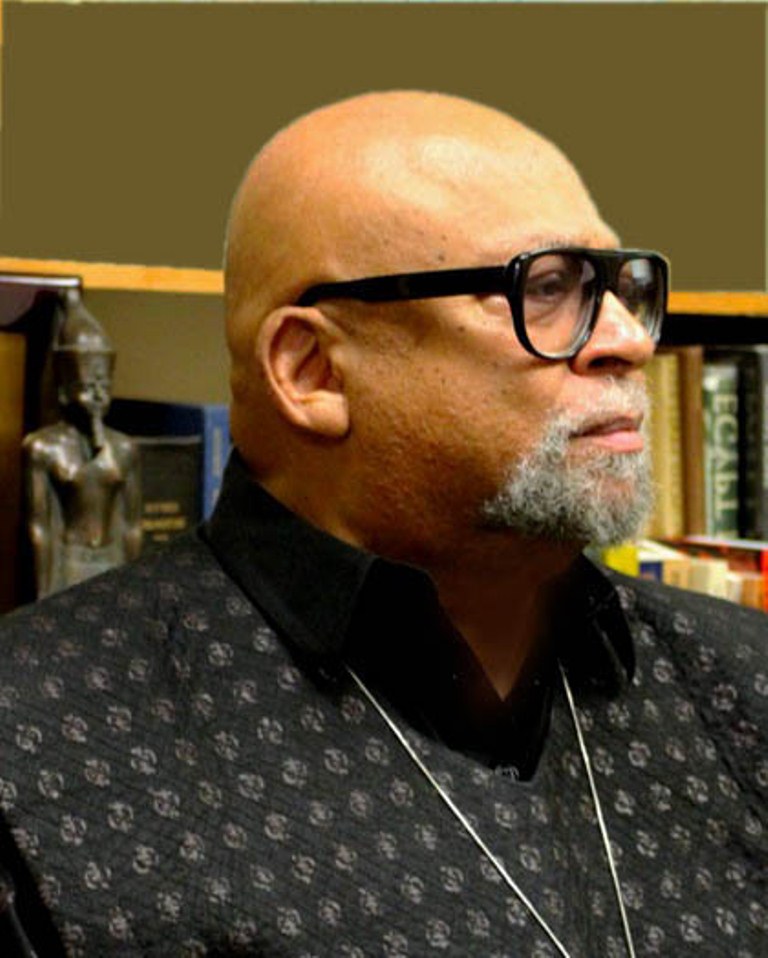Dr. Maulana KarengaJanuary 3, 2020
It is a fundamental Kawaida contention that we must bear the burden and glory of our history with strength, dignity and determination. Surely, the times ahead of us will demand of us the resourcefulness, resilience and righteous resistance by which we understand and assert ourselves in history and as history, embodied and unfolding. This means, in the language of everyday people, there can be no half-steppin’, no nick namin’ the truth, no spittin’ in the wind to see which way to go. On the contrary, we must be the storm riders and river turners Howard Thurman and Gwen Brooks calls on us to be. And like Harriet Tubman, we must reject individual escape, turn around towards our people, confront our oppressor and oppression and dare continue the difficult and demanding work and struggle to achieve freedom, justice, peace and other goods in and for the world.






